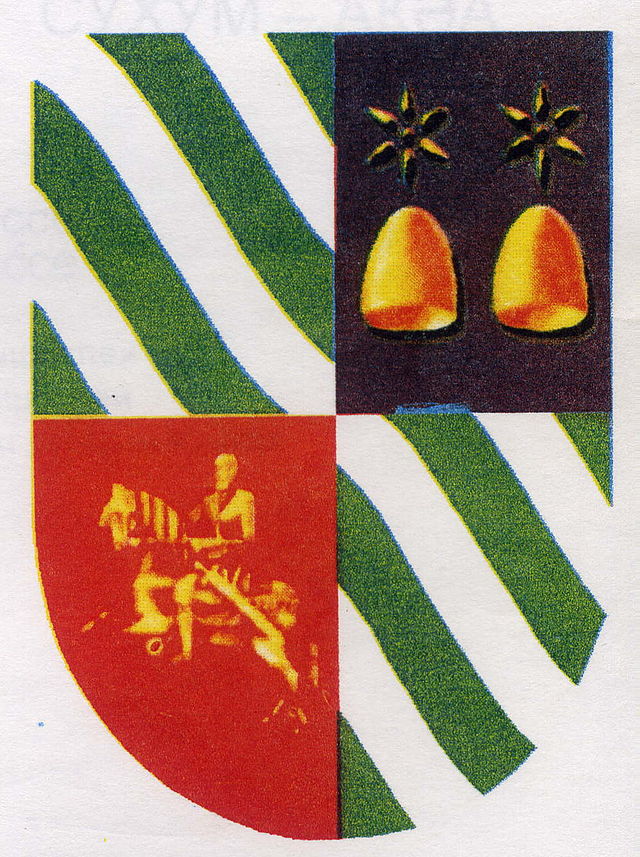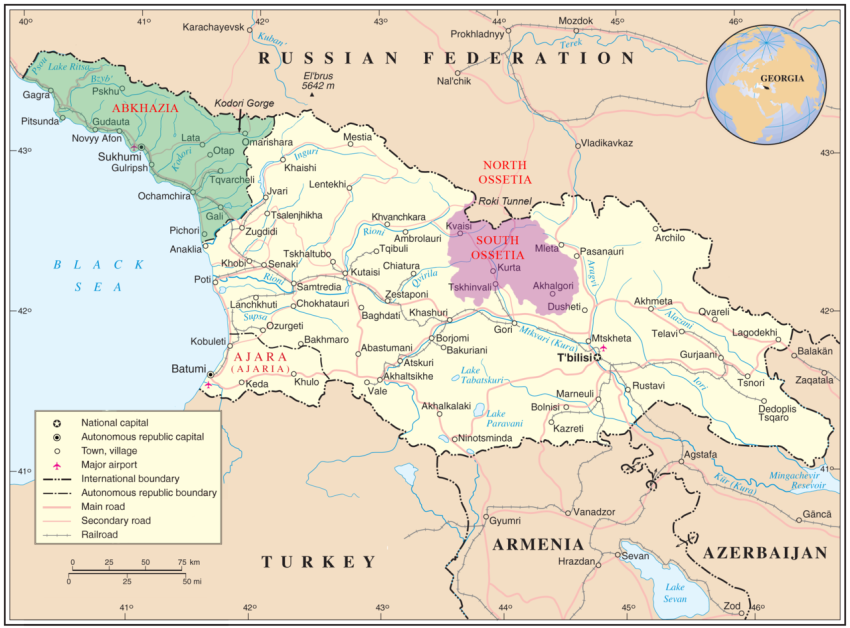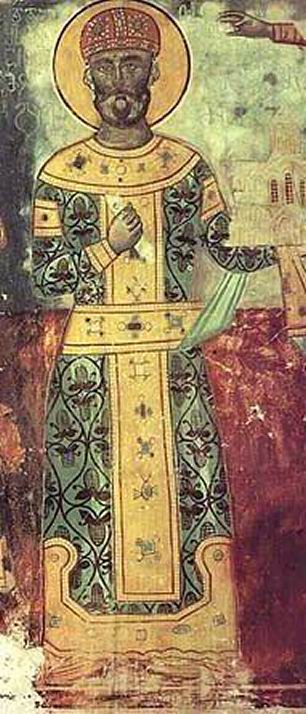historia de abjasia :

ABJASIA
Abjasia1 (Aphsny, Аҧсны en abjasio; Apjazeti, აფხაზეთი en georgiano; Abjazia, Абхазия enruso) es un territorio ubicado en la vertiente suroccidental de la cordillera del Cáucaso, con costas en el mar Negro, y cuya capital es la ciudad de Sujumi. Es una república independiente de facto desde 1992; sin embargo Georgia la considera unarepública autónoma perteneciente a ese país, al igual que gran parte de la comunidad internacional, mientras que Rusia, Nicaragua yVenezuela la consideran un estado independiente.3
En 1991, tras la disolución de la Unión Soviética, la antigua República Socialista Soviética de Georgia se convirtió en un estado independiente y Abjasia, una república autónoma dentro de Georgia, fue integrada a este nuevo estado. Sin embargo, los roces étnicos entre el gobierno central y el pueblo abjasio llevaron a que, el 23 de julio de1992, este último declarara unilateralmente su independencia.
Después de una cruenta guerra entre las tropas georgianas y los paramilitares ruso-abjasios, se estableció un cese al fuego en 1994, y hasta 2008, Abjasia permaneció de facto como un estado independiente sin reconocimiento internacional, pero con apoyo de la Federación Rusa.
En 2006, tropas georgianas entraron en Abjasia y establecieron su dominio sobre la zona de laAlta Abjasia. Desde el 27 de septiembre de ese año, el gobierno de iure se estableció en dicha zona, estableciendo su sede en la localidad de Chjalta, en la zona delvalle de Kodori. Sin embargo, la avanzada georgiana fue expulsada del territorio de Abjasia tras la intervención militar de Rusia después del estallido de la segunda guerra de Osetia del Sur en agosto de 2008. El día 26 de ese mismo mes, Rusia se convirtió en el primer país en reconocer su independencia y la de Osetia del Sur, movimiento que fue seguido por otros cinco Estados pese al rechazo deEstados Unidos, la Unión Europea, laOTAN y la comunidad internacional en general.4 5 6
Artículo principal: Historia de Abjasia
Se estima que los primeros poblados en Abjasia se remontan al IV milenio a. C. Estas primeras tribus de origen ario (conocidas por los arqueólogos como proto-kartvelianos), habrían arribado a la región durante elNeolítico, asentándose en las costas del mar Negro. Se establecieron junto a otros linajes, los cuales posteriormente evolucionarían hasta convertirse en los apsuas,chechenos, daguestaníes, armenios y arameos.
Desde el II milenio a. C., Abjasia fue asolada por invasiones de pueblos provenientes de lasestepas de Asia Central, como los hititas, celtas, medos y persas. Por esos años, los proto-kartvelianos formaron tres grupos étnicos bien diferenciados: los esvanos, loszanes y loskartvelianos orientales. Mientras los esvanos permanecieron en Abjasia, los kartvelianos se asentaron en el centro de la actual Georgia, y los zanes se distribuyeron en la provincia deSamegrelo y a lo largo de las costas del mar Negro, hasta las inmediaciones de Turquía.
____________________________…………………….=============================
Abkhazia
From Wikipedia, the free encyclopedia
| Republic of Abkhazia | ||||||
|---|---|---|---|---|---|---|
| ||||||
| Anthem: Аиааира (Abkhaz) Aiaaira Victory | ||||||
| Capital and largest city | Sukhumi 43°00′N 40°59′E | |||||
| Official languages | ||||||
| Spoken languages | ||||||
| Demonym |
| |||||
| Government | Unitary semi-presidentialrepublic | |||||
| – | President | Raul Khadjimba | ||||
| – | Prime Minister | Beslan Butba | ||||
| Legislature | People’s Assembly | |||||
| Partially recognised independence fromGeorgia[1][2][3] | ||||||
| – | Georgian annulment of all Soviet-era laws and treaties | 20 June 1990 | ||||
| – | Declaration of sovereigntyb | 25 August 1990 | ||||
| – | Georgian declaration of independence | 9 April 1991 | ||||
| – | Dissolution of Soviet Union | 26 December 1991 | ||||
| – | Declaration of Independence | 23 July 1992 | ||||
| – | Constitution | 26 November 1994 | ||||
| – | Constitutional referendum | 3 October 1999 | ||||
| – | Act of state independencec | 12 October 1999 | ||||
| – | First international recognitiond | 26 August 2008 | ||||
| Area | ||||||
| – | Total | 8,660[4] km2 3,344 sq mi | ||||
| Population | ||||||
| – | 2012 estimate | 242,862[5] | ||||
| – | 2011 census | 240,705 [6] | ||||
| – | Density | 28/km2 72/sq mi | ||||
| GDP (nominal) | estimate | |||||
| – | Total | $500 million[7] | ||||
| Currency |
(RUB)
| |||||
| Time zone | MSK (UTC+4) | |||||
| Drives on the | right | |||||
| Calling code | +7 840 / 940 and+995 44[8][9] | |||||
| ISO 3166 code | GE-AB | |||||
| a. | The Russian language is recognised as a language of state and other institutions (Article 6 of the Constitution) and is widely used. | |||||
| b. | Annulled by Georgia immediately thereafter. | |||||
| c. | To establish, retroactively, de jure independence since the 1992–1993 war. | |||||
| d. | By Russia. Since then, a further 5 UN member states have also recognised Abkhazia’s independence. | |||||
| e. | De facto currency. Several Abkhazian apsar commemorative coins have been issued. The apsar is on a fixed exchange rate, pegged to the Russian ruble (1 ruble = 0.10 apsar). | |||||
Abkhazia (Abkhaz: Аҧсны́ Apsny [apʰsˈnɨ]; Georgian: აფხაზეთი Apkhazeti; Russian:АбхазияAbkhaziya) is a disputed territory and partially recognised state controlled by a separatist government on the eastern coast of the Black Sea and the south-western flank of the Caucasus.
Abkhazia considers itself an independent state, called the Republic of Abkhazia orApsny.[10][11][12][13][14] This status is recognised by Russia, Nicaragua, Venezuela,Nauru,[15] and also by the partially recognised state ofSouth Ossetia, and the unrecognised Transnistria[16] and Nagorno-Karabakh.[17]
The Georgian government, United Nations and the majority of the world’s governments consider Abkhazia a part of Georgia’s territory, though Georgia is not in control of it. Under Georgia’s official designation it is anautonomous republic, called theAutonomous Republic of Abkhazia, whose government sits in exile in Tbilisi.
The status of Abkhazia is a central issue of the Georgian–Abkhazian conflict. The wider region formed part of the Soviet Union until 1991. As the Soviet Union began to disintegrate towards the end of the 1980s, ethnic tensions grew between the Abkhazand Georgians over Georgia’s moves towards independence. This led to the 1992–1993 War in Abkhazia that resulted in a Georgian military defeat, de facto independence of Abkhazia and the mass exodus and ethnic cleansing of the Georgian population from Abkhazia. In spite of the 1994 ceasefire agreementand years of negotiations, the status dispute has not been resolved, and despite the long-term presence of a United Nations monitoring force and a Russian-dominated Commonwealth of Independent States (CIS) peacekeeping operation, the conflict has flared up on several occasions. In August 2008, the sides again fought during the South Ossetia War, which was followed by the formal recognition of Abkhazia by Russia, the annulment of the 1994 ceasefire agreement and the termination of the UN and OSCE missions.[18][19] On 28 August 2008, theParliament of Georgia passed a resolution declaring Abkhazia a Russian-occupied territory.[20][21] A major part of international community considers Abkhazia to beoccupied by Russian military.Russia does not allow the EUMM monitors to enter Abkhazia.










No hay comentarios:
Publicar un comentario